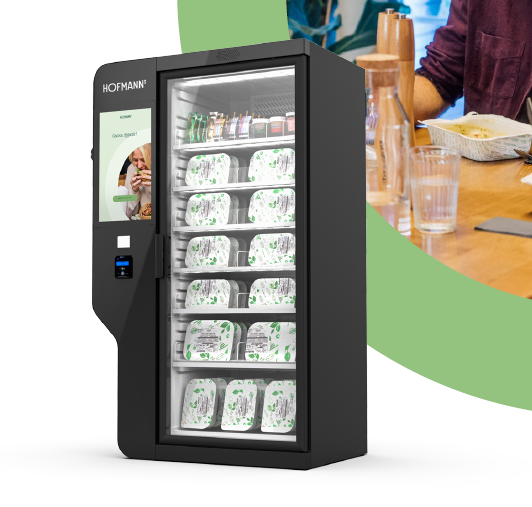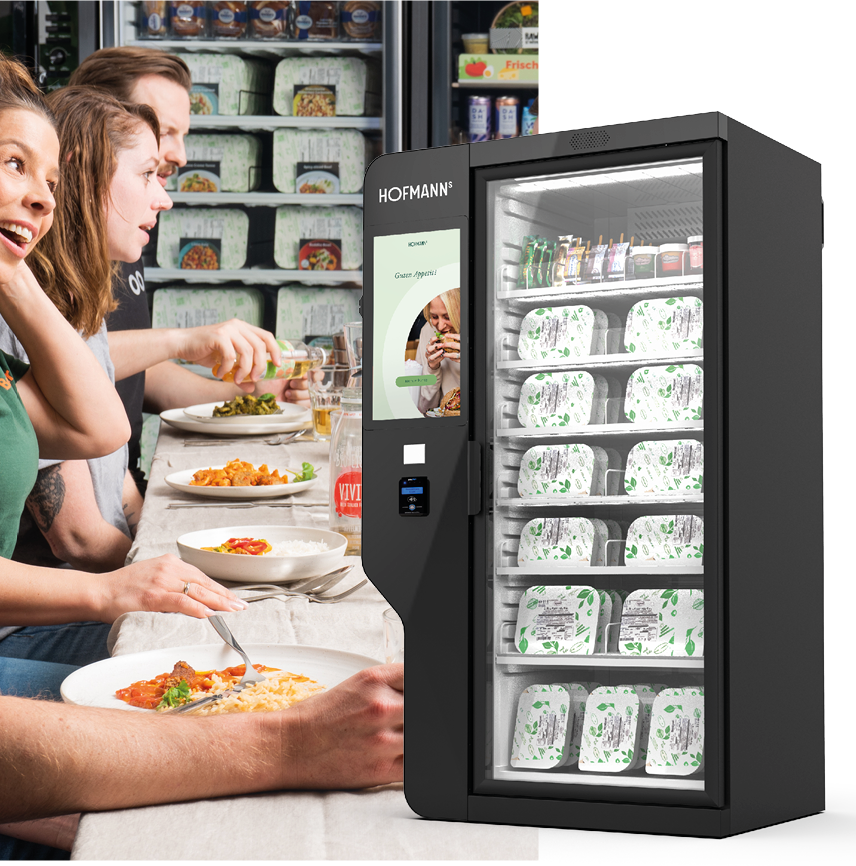The comeback of Frozen transforming Office Meals and Executive Dining
Frozen Has a Bad Rep

Historically, the frozen food market has been outperformed by fresh food. Despite being more affordable, frozen food has often been perceived as lower quality, but recent data has shown that this trend is shifting. Today’s frozen food is very different to what your grandparents would have consumed. Nowadays, the freezer section in a typical supermarket has a huge range of variety, including premium products focusing on a healthy lifestyle. There has been numerous research confirming the freezing’s ability to preserve vitamins and nutrients in food too.
Frozen Is The Cheaper Alternative
Not only this, but as supermarket prices continue to soar across Europe, consumers are turning to frozen food as a cost-saving measure.
According to a recent Kantar Study, produced on behalf of the British Frozen Food Federation, the second quarter of 2023 saw a 1.6% year-on-year increase in volume sales from frozen food, which translates to an extra 7.6 M tonnes of products.
Items such as frozen chicken, ready meals, pizzas and chips have become increasingly popular among consumers, not only due to their affordability but also to the reduction in waste due to their much longer shelf life.
A quarter of UK shoppers say they are buying more frozen food, according to a separate survey of 2,000 British adults by the pollster Opinium on behalf of Zipzero, an app that collects shoppers’ receipts data in exchange for cash.
The real revolution of frozen is that it’s available 24/7
All in all, frozen food is the better choice for more sustainable, cost-effective living for the following 3 reasons:
- Healthier Meals: Frozen meals have ditched the high sodium and preservatives for balanced, nutrient-rich options. Advances in freezing technology mean these meals preserve the freshness and nutritional value of their ingredients, catering to all dietary needs—from keto to vegan.
- Zero Waste: Eco-friendly packaging and efforts to cut food waste underline the sustainable ethos of today’s frozen meals. By harnessing the power of freezing, they deliver seasonal flavours year-round without the environmental cost of transporting fresh produce off-season.
- More Affordable: As a result of zero waste, paper less packaging & less driving to the customer
Supporting The Growth Of Frozen Food & Convenient Solutions
The growth of the massive $265bn global frozen food market is dependent on a robust cold storage supply chain and infrastructure. With approximately 13% of globally produced food lost annually due to inadequate cold storage, the need for an efficient and advanced technology is vital to address the increasing demand.
To address the challenges associated with cold storage, food waste and the cost of living crisis, companies like Boost Inc are introducing innovative solutions to their portfolio, like The Vision Freezer.
